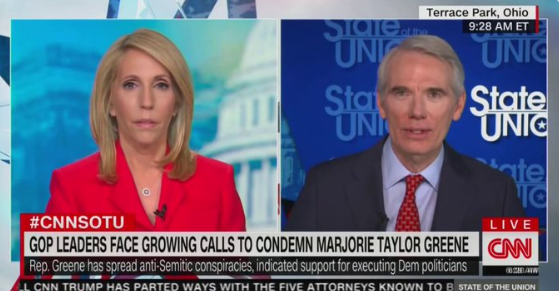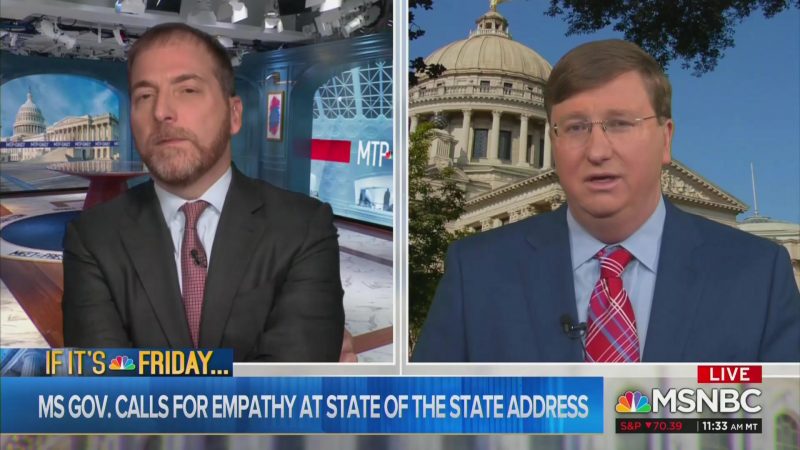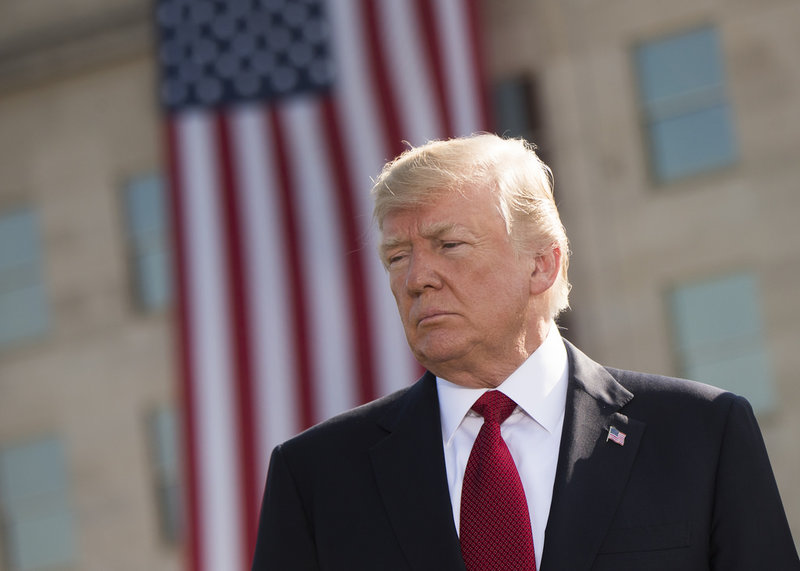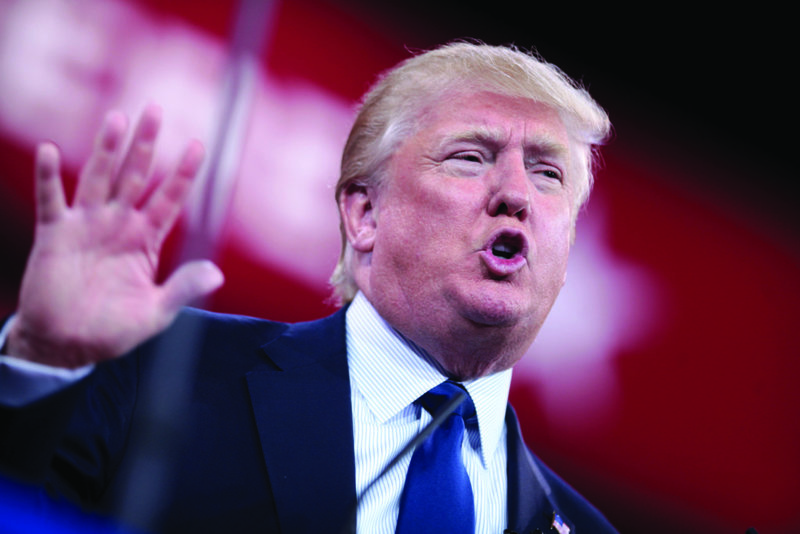China Summons U.S. Ambassador After Trump Signs Hong Kong Bills
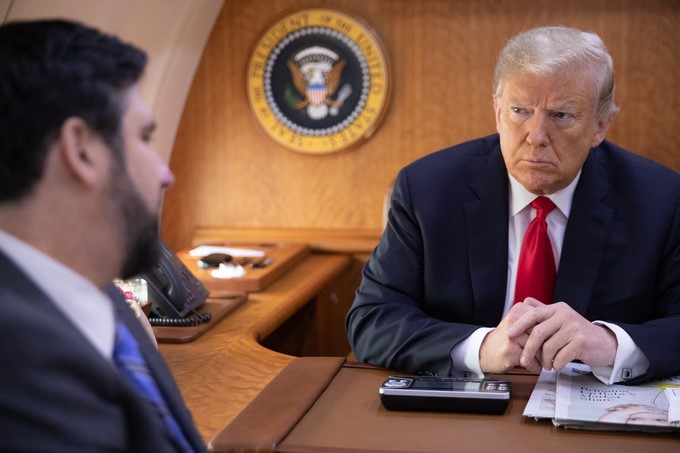
The Chinese government has summoned the U.S. ambassador following President Donald Trump’s signing of two bills supporting human rights in Hong Kong. Citizens of Hong Kong have been protesting against the Chinese government for months.
U.S. Ambassador Terry Branstad was summoned to answer for Trump’s decision – a move that was not unexpected but will be seen as further evidence of the deterioration in U.S.-China relations.
Chinese Vice Foreign Minister Le Yucheng told Branstad that Trump signing the bills was ‘serious interference in China’s internal affairs and a serious violation of international law.’
Le also called the decision a ‘nakedly hegemonic act’.
The U.S. embassy in Beijing issued a statement saying China should fulfil its commitments to Hong Kong, the former British colony that received certain guarantees when it came under Chinese rule in 1997.
The U.S. “believes that Hong Kong’s autonomy, its adherence to the rule of law, and its commitment to protecting civil liberties are key to preserving its special status under U.S. law.”
The situation in Hong Kong is not likely to improve as the citizens and authorities continue to clash. President Trump’s decision to sign the bills is in line with Congress’ wishes and not related to Trump’s other policies on China.

